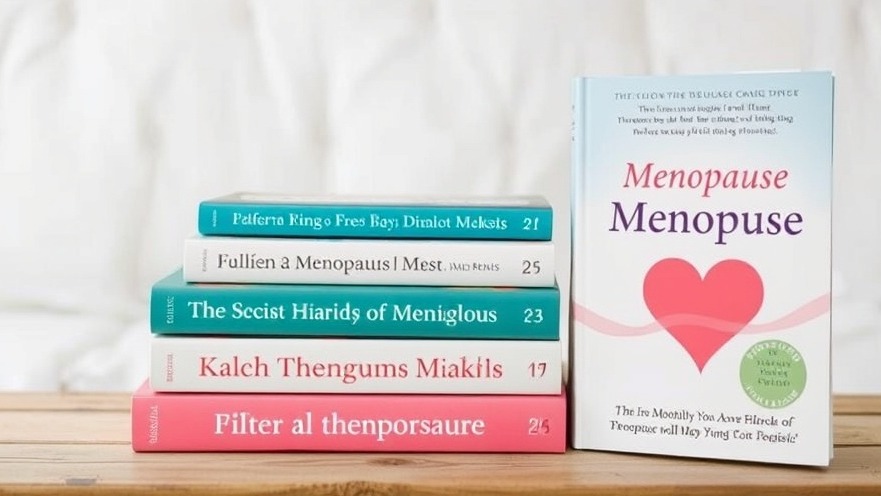
Understanding Brain Fog: A Common Menopause Symptom
As women approach menopause, they often encounter a slew of physical and emotional changes. Among these changes, brain fog emerges as a common yet often overlooked symptom. This term encompasses various cognitive issues such as forgetfulness, difficulty concentrating, and a general sense of confusion. It's essential to understand that while brain fog is not a clinical diagnosis, the impact it can have on daily life is significant.
Iron's Role in Cognitive Function
Iron is a critical mineral that plays a pivotal role in our body by aiding in the formation of hemoglobin. This protein is responsible for transporting oxygen throughout the body, including to the brain. Therefore, sufficient iron levels can be crucial for maintaining optimal cognitive function. Women, particularly during menopause, may be at risk of low iron due to various factors, including dietary habits or hormonal changes. Given that low iron is the world's most common nutritional deficiency, understanding its effects in this transitional phase is essential.
The Link Between Low Iron and Brain Fog
Several studies suggest a connection between low iron levels and experiences of brain fog during menopause. When women's bodies are low in iron, it can lead to fatigue and sluggishness, which may exacerbate cognitive difficulties. This connection raises an important question: could boosting iron levels be a simple solution for alleviating some of the cognitive challenges that come with menopause?
Practical Advice for Managing Iron Levels
For women navigating pregnancy and menopause, it is vital to include iron-rich foods in their diets. Red meats, poultry, lentils, beans, and fortified cereals are excellent sources of this essential mineral. Additionally, pairing iron-rich foods with vitamin C can enhance iron absorption, optimizing its benefits for cognitive functions. Regular check-ups with healthcare providers are also advisable to monitor iron levels, especially during the menopausal transition.
Conclusion: Empowering Women's Health Choices
Understanding the potential link between low iron levels and brain fog during menopause is a crucial step in empowering women to take control of their health. By addressing nutritional deficiencies and staying informed, women can navigate menopause with confidence and maintain their cognitive health effectively.
 Add Row
Add Row  Add
Add 




Write A Comment